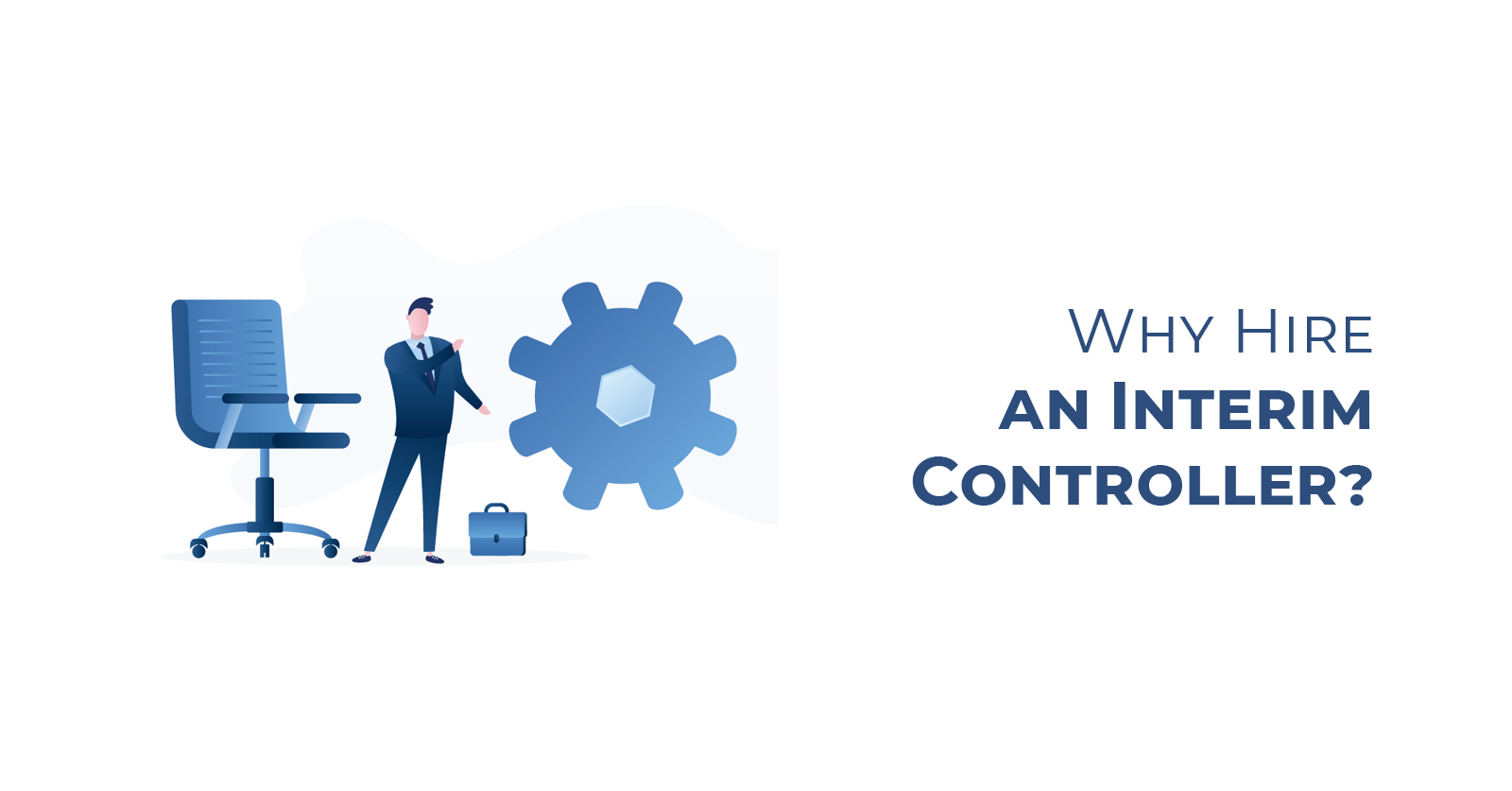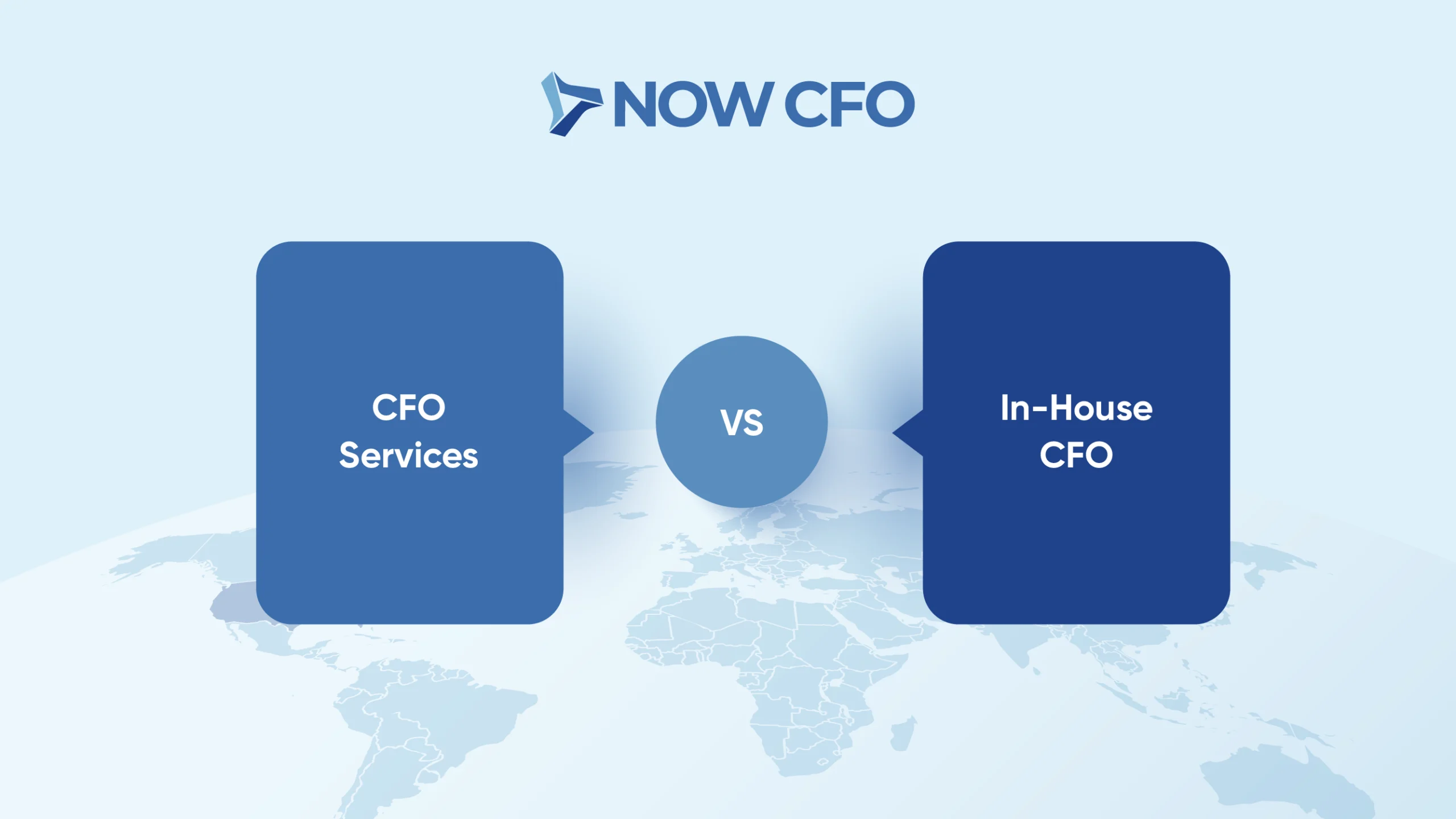
An interim controller is a financial expert brought into a business temporarily to manage and oversee the company’s financial operations. Unlike a permanent controller, an interim controller is typically hired to address short-term needs during transitions or unexpected departures. This role is important in maintaining the stability and accuracy of financial reporting during periods of change.
When to Consider Hiring an Interim Controller
Hiring an interim controller can be a strategic move for various business scenarios. Here are some key situations where an interim controller can be particularly beneficial:
- During Leadership Transitions: When a company undergoes leadership transitions, such as a change in CFO or CEO, maintaining financial stability is crucial. An interim controller can provide the needed expertise to ensure that financial operations continue smoothly during this period of change, minimizing disruptions and maintaining stakeholder confidence. With so many businesses undergoing leadership transitions, the demand for positions like the interim controller has risen by 114%.
- Sudden Departures: If a permanent controller leaves the company unexpectedly, an interim controller can swiftly fill the gap. This immediate support helps prevent any lapses in financial oversight, ensuring that reporting, budgeting, and compliance tasks are managed without interruption.
- Mergers and Acquisitions: M&As often involve complex financial challenges. An interim controller can offer the specialized knowledge to navigate these complexities, assist with due diligence, integrate financial systems, and ensure that all aspects of the transaction are handled efficiently.
Key Responsibilities and Duties
An interim controller is tasked with a variety of responsibilities to ensure the financial health and stability of a business. Here are the core responsibilities they typically handle:
- Financial Reporting: Interim controllers are responsible for accurately and timely reporting financial data. This involves preparing reports that reflect the company’s financial performance and ensuring that all financial statements are accurate and comply with regulatory standards.
- Budgeting: Creating and managing budgets is another critical responsibility. Interim controllers develop comprehensive budgets that align with the company’s strategic goals and monitor actual performance against these budgets, making adjustments as necessary.
- Compliance: Compliance with financial regulations is essential. Interim controllers must stay up-to-date with the latest regulatory changes and ensure that the company’s financial practices adhere to these requirements to avoid legal issues and penalties.
- Month-End and Year-End Closings: Interim controllers oversee the month-end and year-end closing processes. This includes reconciling accounts, reviewing financial statements for accuracy, and ensuring that all financial data is properly recorded and reported.
- Preparing Financial Statements: Preparing financial statements is a key duty. Interim controllers generate accurate income statements, balance sheets, and cash flow statements, providing a clear picture of the company’s financial position.
- Overseeing Audits: Interim controllers also oversee internal and external audits. They ensure that all financial records are in order and assist auditors by providing documentation and explanations to facilitate a smooth audit process.
Skills and Qualifications
Several skills and qualifications must be considered when selecting a controller. These attributes ensure that the interim controller can effectively manage your financial operations and contribute to the overall stability of your business. The key skills and qualifications include:
- Analytical Abilities: An interim controller’s strong analytical abilities are crucial. This skill enables them to assess complex data and make informed decisions that benefit the company. A controller with excellent analytical skills can quickly pinpoint issues and propose effective solutions.
- Proficiency in Accounting Software: Accounting software is another qualification. An interim controller must be adept at using various accounting tools and platforms to manage financial records, generate reports, and ensure accurate data entry. Familiarity with the latest software can streamline financial processes and enhance efficiency.
- Understanding Financial Regulations and Standards: An interim controller must deeply understand financial regulations and standards. This helps maintain compliance with state and federal regulations and avoid costly fines and penalties. The interim controller must also stay updated with regulation changes to ensure the company’s adherence to all necessary guidelines.
- Industry-Specific Experience: Industry-specific experience can be incredibly valuable for a controller. Familiarity with your sector’s financial challenges and nuances allows the interim controller to adapt quickly and provide more relevant insights and strategies. This can significantly reduce the learning curve and enhance the overall effectiveness of the interim controller’s contributions.
Benefits of an Interim Controller
Hiring an interim controller can offer several distinct advantages for your business. These benefits can help you manage financial operations more effectively and efficiently, especially during transitional periods. Below are some key benefits explained in detail:
- Flexibility and Scalability: An interim controller allows you to manage your financial operations according to your business. Whether you require someone for a few months during a busy period or a longer term during a major transition, an interim controller can scale their involvement to meet your requirements. This adaptability ensures that your financial processes remain robust and responsive to your business’s demands.
- Cost-Effectiveness: Employing a controller can be more economical than hiring a full-time controller, particularly if your need for their expertise is short-term. You can avoid the long-term commitment and costs associated with a permanent hire, such as benefits and ongoing salary, while gaining access to high-level financial aid.
- Fresh Perspective and New Insights: An interim controller brings fresh eyes to your financial operations. Their external viewpoint can help identify inefficiencies, uncover opportunities for improvement, and introduce best practices that your team may have yet to consider. This new perspective can significantly enhance your financial management and overall business performance.
Challenges and Considerations
While hiring an interim controller offers many benefits, you must be aware of potential challenges and plan accordingly. Here are some key considerations:
- Integration into Existing Team and Processes: Integrating an interim controller into your existing team and processes can take time. Providing a thorough onboarding process is crucial to ensure they understand your company’s financial systems and culture. Clear expectations and support facilitate a smoother transition.
- Learning Curve and Familiarization: An interim controller may face a learning curve as they familiarize themselves with your business. Providing access to detailed documentation and key team members can help them quickly get up to speed, reducing the time needed to become fully effective.
- Ensuring Effective Communication and Collaboration: Good communication and collaboration ensure the success of an interim controller. Establishing regular check-ins and fostering an open line of communication with your interim controller can help address any issues promptly and ensure they are well-integrated into your financial operations.
An interim controller can play a vital role in maintaining your business’s financial stability and integrity during periods of change. By understanding the key responsibilities, benefits, and potential challenges for your business, you can make better decisions. Strategically using an interim controller can give your business the stability to navigate financial transitions successfully.
Need help finding an interim controller? Contact a NOW CFO specialist for more information.
Learn More: What is A Financial Controller














